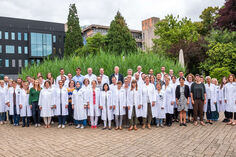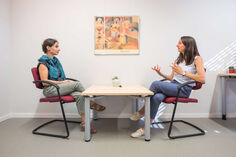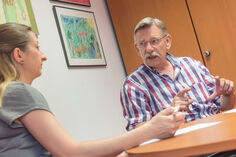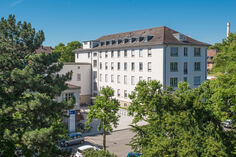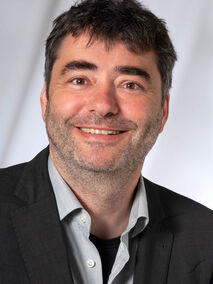Investigating the interaction of emotional reactivity and neural reward processing
in patients with complex Post-Traumatic Stress Disorder
Summary
Post-Traumatic Stress Disorder (PTSD) is a serious, potentially debilitating condition that can develop after experiencing a traumatic event. Complex PTSD is a sub-type of PTSD where multiple, prolonged and often interpersonal traumatic experiences cause additional disturbances in the domains of emotional processing, self-organization, as well as interpersonal relationships. Dysfunctional emotional processing plays a fundamental role in the development and maintenance of complex PTSD, and is thought to cause reduced reward motivation as well as cognitive impairments. However, the underlying neural mechanisms of these symptoms are still poorly understood. Previous studies suggest a hyper-reactivity of emotional brain networks causing attentional bias toward threat, as well as an increased fear response. Therefore, the aim of the proposed study is to unravel how fear-induced dysfunctional attribution of saliency to the environment contributes to impaired cognitive processing and reward-based decision making in complex PTSD. A better understanding of these psychobiological mechanisms is a fundamental requirement for the development of improved prevention and treatment strategies. This will be achieved by employing a functional neuroimaging procedure with an experimental task which allows investigating the direct interaction between emotional, reward and cognitive processes. This paradigm will allow assessing if the observed hyper-reactivity of the fear network is a causal factor for both decreased cognitive as well as decreased reward processing.

